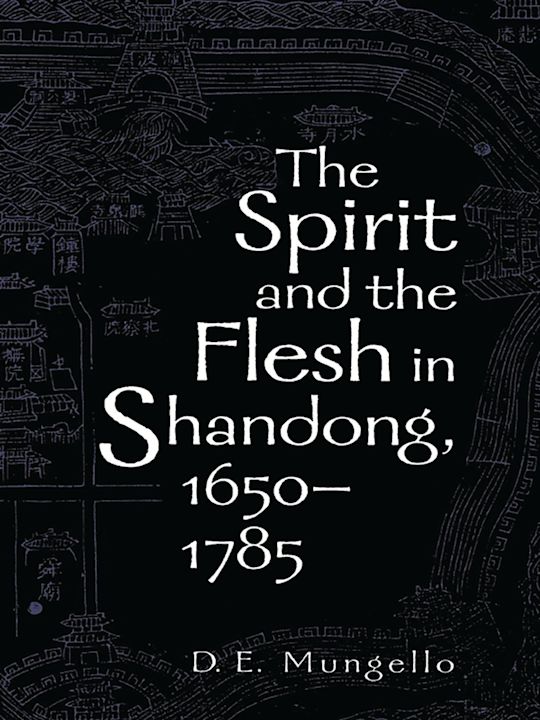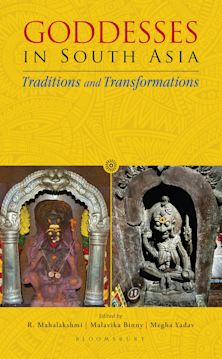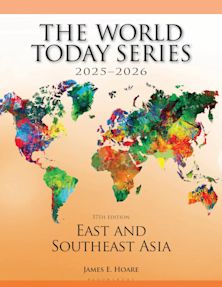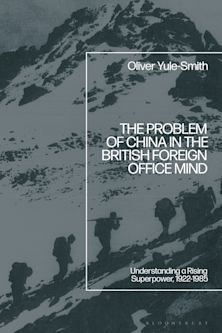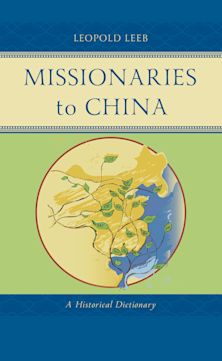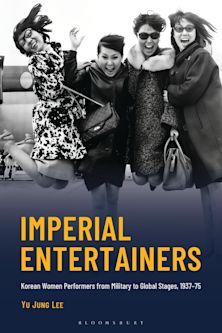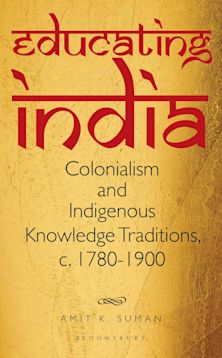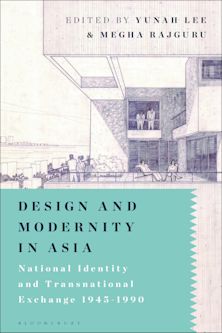- Home
- ACADEMIC
- History
- Asian History
- The Spirit and the Flesh in Shandong, 1650-1785
The Spirit and the Flesh in Shandong, 1650-1785
You must sign in to add this item to your wishlist. Please sign in or create an account
Description
In the spring of 1738, Fr. Bernardino Bevilacqua was hustled out of Shandong to quiet the uproar over his sexual seduction of young Chinese converts. Fr. Alessio Randanini followed him to Macau in 1741. The story of this scandal has remained largely untold for nearly three centuries. Among Christians in Shandong and southern Zhili provinces during the years 1650-1785, the spirit and the flesh lived in constant tension as the aspirations of the spirit (faith, hope, love, devotion, mercy, and piety) contended with the passions of the flesh (hatred, jealousy, lust, and pride). The Spirit and the Flesh in Shandong tells the deeply human story of the introduction of Christianity to a provincial region in China where European missionaries shared the poverty and isolation of their Chinese flocks. Their close personal relationships led to intellectual and pastoral collaboration, suppression, an underground church, imprisonment, apostasy and martyrdom as well as peasant secret society affiliations, self-flagellation, and sexual seduction. In the remote villages of this region, the missionaries and their converts lived out their pious aspirations and eternal damnations under a darkening sky of growing anti-Christian policies from the capital.
Table of Contents
Chapter 2 Introduction
Chapter 3 Prelude: Wondrous Signs
Chapter 4 The Trials and Endeavors of Father Antonio
Chapter 5 The Attempt to Blend Confucianism and Christianity
Chapter 6 The Return to Shandong after the Anti-Christian Persecution of 1664-1669
Chapter 7 To Kiss the Image of the Crucified Jesus and to Feel the Whip Upon One's Flesh
Chapter 8 Christianity and Chinese Heterodox Sects, 1701-34
Chapter 9 Shepards, Wolves, and Martyrs in the Underground Church
Chapter 10 Postlude: Requiscat in pace
Chapter 11 Chinese-Character Glossary
Product details
| Published | 21 Mar 2001 |
|---|---|
| Format | Ebook (Epub & Mobi) |
| Edition | 1st |
| Extent | 224 |
| ISBN | 9781461645672 |
| Imprint | Rowman & Littlefield |
| Publisher | Bloomsbury Publishing |
About the contributors
Reviews
-
Mungello's discussion on the underground church throws important light on our understanding of religious questions, especially Catholic problems in modern China.
China Quarterly
-
Mungello objectively captures the triumphs and tragedy of Franciscan priests and Chinese converts on the plains of Shandong. . . . Meticulously researched, engagingly written, and full of insights into the nature of early modern Chinese Catholicism.
Daniel H. Bays, Calvin College
-
If, as Aby Warburg once wrote, 'God is in the details,' then D. E. Mungello's masterful reconstruction of the indigenization of Christianity in seventeenth and eighteenth century Shandong is divine. With his signature mastery of sources and ethnographic sensitivity to the scattered records of European missionaries and Chinese Christians, he vividly retraces the movements of body and spirit within a discrete interval of the Sino-western encounter to disclose the perilous but productive convergence of cultures presaging our global present. Most importantly, Mungello draws from these irreducible, faithful dead a tale of poignancy and power that in its eloquence binds readers of today (students and scholars alike) with a courageous creative minority whose ingenious embrace of Christianity was responsible for its assimilation into Chinese culture.
Lionel M. Jensen, author of Manufacturing Confucianism: Chinese Traditions and Universal Civilization
-
"In The Spirit and the Flesh, Mungello directs his attention to the daily life of the Franciscan Christian communities in the northern Chinese province of Shandong between 1650 and 1785. He chronicles through the biographical experiences of Spanish and Italian Franciscans, belonging both to the Spanish Province of San Gregorio Magno and to Propaganda Fide, the difficult beginnings, the hard-won developments, and the eventual demise of the Shandong misison.
Eugenio Menegon, Boston University
-
Lucid, concise, and absorbing.
China Review
-
In this meticulous and fascinating account, David Mungello brings vividly to life the human experience of missionaries working across the provinces of Qing China-the sense of isolation, the poverty, the interdenominational friendships and disputes, and the worldly temptations. Illuminating the dependence of European missionaries on their Chinese converts, he shows the extent to which Christianity became assimilated into Chinese culture prior to the growth of European imperialism and, tantalizingly, suggests that often, the locales in which Christianity has resurfaced in China today correspond to the centers of clandestine mission activity two centuries ago.
Joanna Waley-Cohen, New York University









